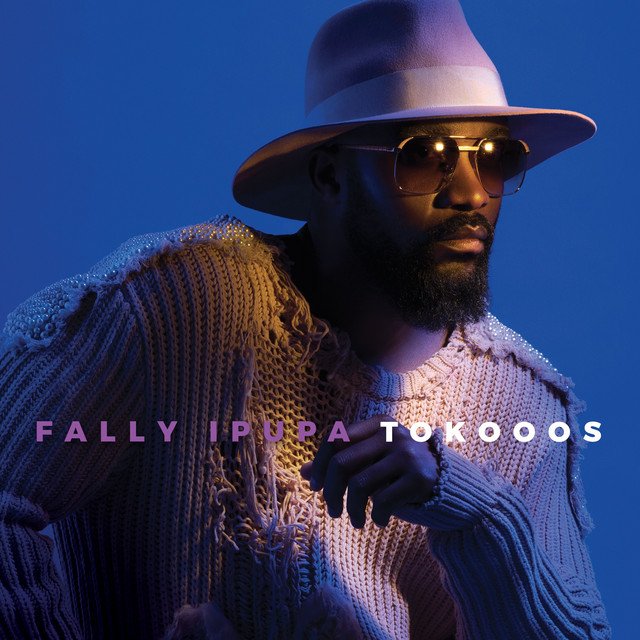African Languages in Pop Culture: From Afrobeats to Hollywood
By: Chimdindu Ken-Anaukwu
For too long, African languages were pushed to the sidelines, overshadowed by colonial tongues in media and entertainment. But today, the tide is turning. From Afrobeats anthems topping global charts to Hollywood blockbusters embracing African dialogue, African languages are making a powerful comeback in pop culture.
This Black History Month, let’s celebrate the rise of African languages in music, film, and global media—proving that our languages aren’t just surviving, they’re thriving.
1. Afrobeats & Amapiano: African Languages on the Global Stage
The music industry is one of the biggest drivers of language revival in Africa. Afrobeats, Amapiano, and other African genres are spreading Yoruba, Pidgin, Zulu, Swahili, and more to audiences worldwide.
🔥 Afrobeats: Yoruba, Igbo, & Nigerian Pidgin Going Global
Artists like Burna Boy, Wizkid, and Davido have introduced millions to African languages through their music:
🎵 Burna Boy’s “Ye” (2018) mixes Nigerian Pidgin and Yoruba, turning the phrase “Ye” into an international chant.
🎵 Wizkid’s “Essence” (2021) blends English with Yoruba-infused expressions, becoming a global anthem.
🎵 Davido’s “Fem” (2020) features Nigerian Pidgin, with phrases like “Why dem come dey para?” (Why are they angry?).
🎷 Amapiano: Zulu & Tswana Taking Over Clubs Worldwide
South Africa’s Amapiano genre, known for its deep house beats, has brought Zulu and Tswana to global audiences.
🎶 Sho Madjozi’s “John Cena” (2019) features Tsonga lyrics, making her a global star.
🎶 Focalistic’s “Ke Star” (2020) introduced the world to Tswana phrases like “Ke Star” (I’m a star).
🎤 Swahili & Lingala in East & Central African Music
Artists like Diamond Platnumz (Tanzania) and Fally Ipupa (Congo) are keeping Swahili and Lingala alive:
🌍 Diamond Platnumz’s “Jeje” (2020) showcases Swahili’s poetic flow.
🌍 Fally Ipupa’s “Eloko Oyo” (2017) celebrates Lingala’s rhythmic beauty.
📍 Impact: African languages in music aren’t just about lyrics—they’re teaching the world new words, expressions, and cultural depth.
2. Hollywood & African Languages: From Black Panther to The Woman King
Hollywood is finally recognizing the power of African languages. Recent blockbusters have used native African tongues to add authenticity and depth to storytelling.
🎬 Black Panther (2018, 2022): Xhosa on the Big Screen
Marvel’s Black Panther didn’t just showcase African culture—it made Xhosa the language of Wakanda.
🗣️ King T’Chaka’s first words in Xhosa: “Ndiyabona” (I see you).
🗣️ Chadwick Boseman and the cast learned Xhosa to bring Wakanda to life.
🎬 The Woman King (2022): Fon & Dahomey Heritage
Viola Davis’ epic film about the Agojie warriors of Dahomey (now Benin) included Fon words and traditional African chants.
🎬 Blood Diamond (2006): Mende Language from Sierra Leone
Leonardo DiCaprio’s film showcased Mende, a West African language spoken in Sierra Leone.
📍 Impact: African languages in Hollywood are no longer an afterthought—they’re central to storytelling, reinforcing authenticity and cultural pride.
3. Nollywood & Indigenous-Language Films
Nigeria’s Nollywood and other African film industries are leading the charge in indigenous-language storytelling.
🎥 Aníkúlápó (2022) – Yoruba Fantasy Epic
Kunle Afolayan’s Aníkúlápó was a Netflix hit told entirely in Yoruba, proving that African languages can drive global storytelling.
🎥 Sew the Winter to My Skin (2018) – Afrikaans & Nama in South African Cinema
This film used Nama, an indigenous language of the Khoisan people, alongside Afrikaans, preserving rare linguistic heritage.
🎥 Lupita Nyong’o’s Shoutout to Luo
Oscar-winner Lupita Nyong’o proudly speaks Luo, her native Kenyan language, in interviews—bringing attention to its beauty and cultural significance.
📍 Impact: African languages in film are no longer just background noise—they’re front and center in award-winning productions.
4. Social Media & Internet Culture: A Digital Language Revival
TikTok, YouTube, and Instagram have become new spaces for African language revival.
📱 African Creators Teaching Native Languages:
🔹 @LearnSwahili (Swahili) – Popular TikTok page teaching Swahili phrases.
🔹 @IgboAmaka (Igbo) – Shares Igbo proverbs and cultural insights.
🔹 @ZuluWithSihle (Zulu) – Fun and engaging Zulu lessons.
📱 Hashtags Spreading the Movement:
🔹 #SpeakAfricanLanguages – Encourages people to use their mother tongues.
🔹 #AfrobeatsChallenge – Promotes music with African language lyrics.
🔹 #WakandaForever – Sparked interest in Xhosa after Black Panther.
📍 Impact: African languages are no longer just spoken at home—they’re trending worldwide, creating a new generation of learners.
The Future of African Languages in Pop Culture
The days of African languages being ignored or suppressed are over. From Afrobeats to Hollywood to social media, African languages are reclaiming their space on the global stage.
🎤 Music is making African languages mainstream.
🎬 Film is showcasing their depth.
📱 Social media is making them accessible.
And now, with platforms like NKENNE, learning an African language has never been easier.
🔥 Want to be part of the movement?
📲 Download NKENNE today and start learning a language that connects you to culture, history, and the future.
Because African languages aren’t just coming back—they’re here to stay. 🚀🌍










